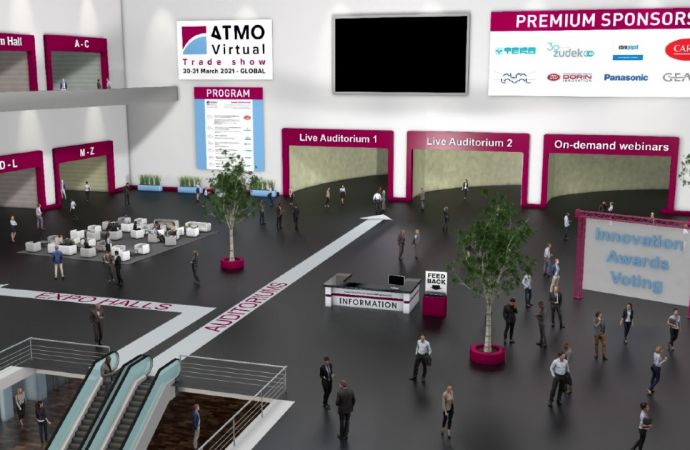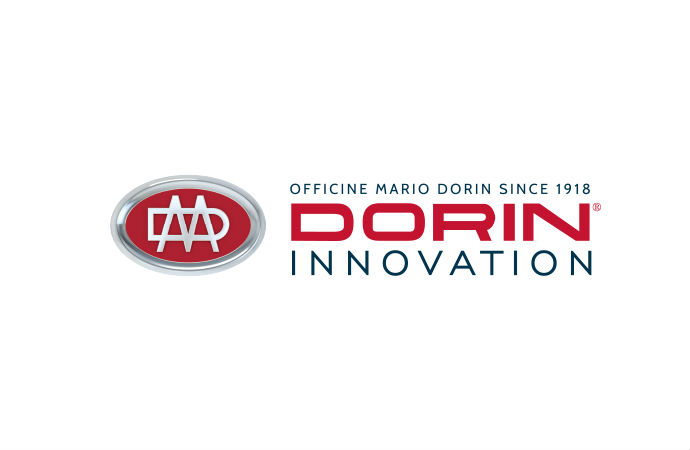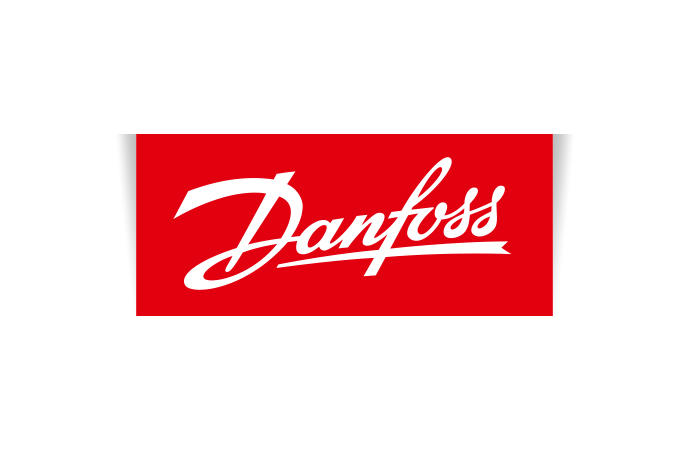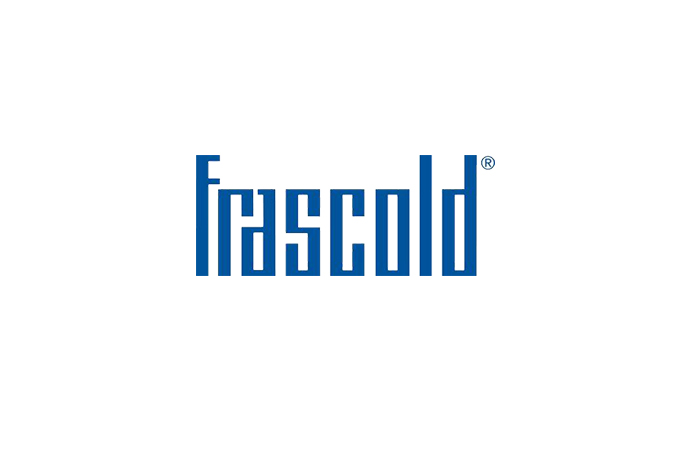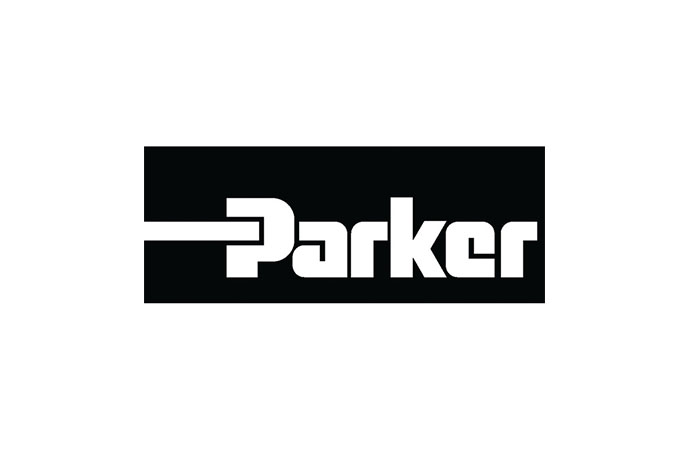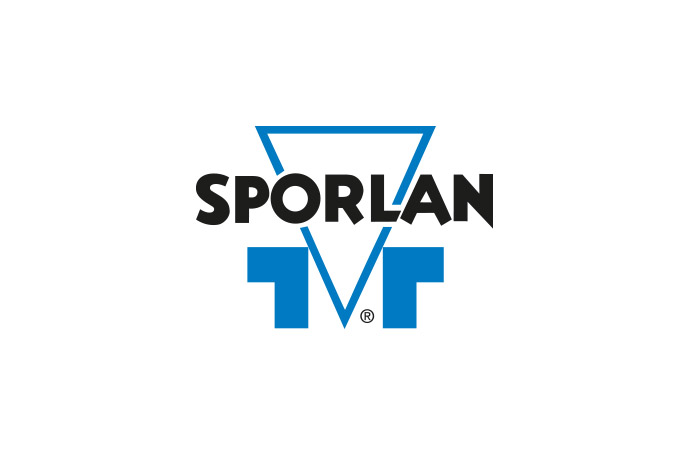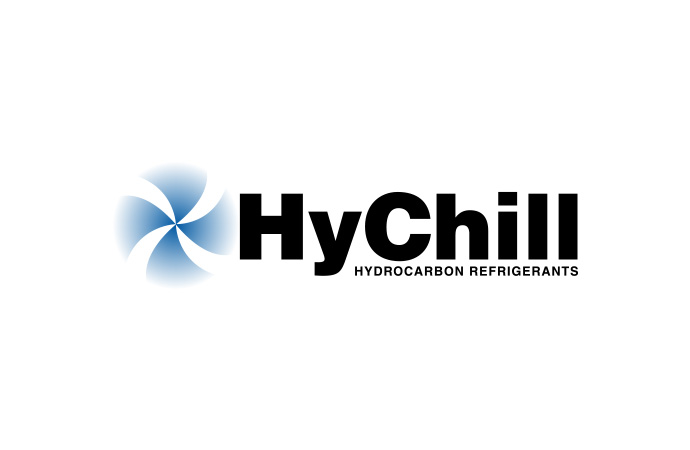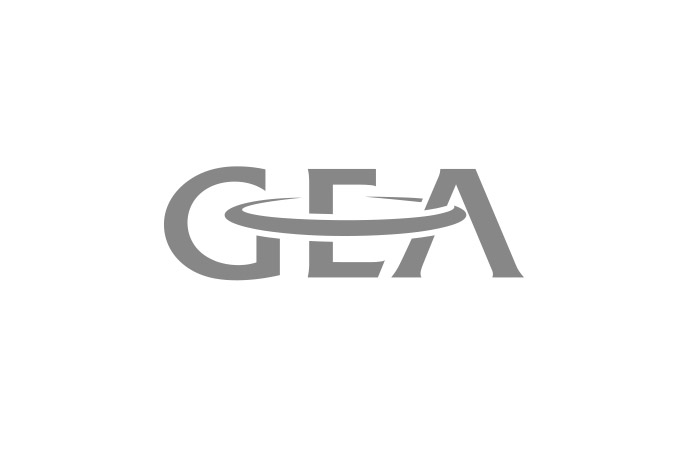On the 8-9 May 2011, the Maldives hosted an Industry Roundtable Meeting on Zero and Low Global Warming (GWP) HCFC alternatives, where companies discussed challenges and recent advances in the market for HCFC alternatives. Presentations were made on natural refrigerant use in industrial refrigeration, on servicing and safety of R290 air conditioning, and on a hydrocarbon pilot project in Africa.

The Industry Roundtable was organized as a platform for business representatives to exchange information on climate friendly alternatives to Ozone Depleting Compounds (ODS), and showcase the latest hydrocarbon technology in air conditioning and refrigeration.
Mayekawa donates compressor unit to Maldives government
Mayekawa, a Japanese company that specialises in freezing technology, donated a compressor unit to the government of the Maldives during the Industry Roundtable. The compressor will be installed in a new government green building.
Jan Boone, Executive Director of Mayekawa, said of the donation, “Mayekawa decided to donate a compressor unit of approximately 150 KW… to support the Maldives in their carbon neutral ambition - one of the first [such ambitions] in the world.”
During the Mayekawa presentation Mr Boone underlined the company’s aim to demonstrate operational equipment using each of the “Natural Five” refrigerants: ammonia (NH3), carbon dioxide (CO2), hydrocarbons (HC), water (H20), and air.
According to Mr Boone, Mayekawa natural refrigerant applications achieve the following reductions in CO2 emissions when compared to conventional systems:
- 30% for NH3
- 62% for CO2
- 14% for HC’s
- 64% for H20
- 54% for air
The Mayekawa presentation was delivered during the session “Opportunities of Climate and Energy Efficiency co-benefits of HCFC phase-out in Industrial Refrigeration. Mr Boone's presentation was entitled “Sustainable Industrial Refrigeration and Air Conditioning Systems”.
R-290 Air-Conditioning proved safe
GIZ, one of the organizers of the Ozone2Climate Road Show Industry Roundtable and a strong proponent of green cooling technology, gave a presentation on the “Servicing and Safety of R290 Air Conditioning”. According to the presentation the safety of R290 (propane) air conditioning units has been largely proven, and units are now widely available with the GS, CE and VDE certifications.
What is needed is to train personnel in best practices for servicing such HC appliances. In particular personnel need to be given appropriate tools and testing equipment, and receive training in the significant differences in thermodynamic properties of HC’s in comparison to CFC’s, HCFC’s and HFC’s.
GIZ suggest that countries develop legislation relating to the issuing of training certificates for HC refrigerant engineers, and that these refrigerants only be handled by certified companies and personnel.
Hydrocarbon pilot project in Africa
GIZ has created the Proklima project to assist countries to implement and disseminate sustainable ozone and climate friendly technology in the fields of refrigeration, foam blowing equipment, firefighting equipment, and agriculture. The project cooperates with around 40 countries in Africa, Asia Pacific and Latin America.
A pilot project on converting blowing agents in manufacturing to hydrocarbon gases was launched In Swaziland in conjunction with UNEP, the UNDP and the Environmental Authority of Swaziland.
To address the many challenges associated with this conversion, Proklima has encouraged team building exercises and informal workshops to motivate local staff, and instructed local trainers in the safe use of HC refrigerants, and identified the need to develop an eye-catching and innovative marketing strategy to overcome the 15% cost premium associated with the use of HC refrigerants.
Background
The previous Industry Roundtable was held alongside the Twenty-Second Meeting of the Parties to the Montreal Protocol on Substances that Deplete the Ozone Layer in November 2010 in Bangkok, Thailand.
MORE INFORMATION
Related stories


